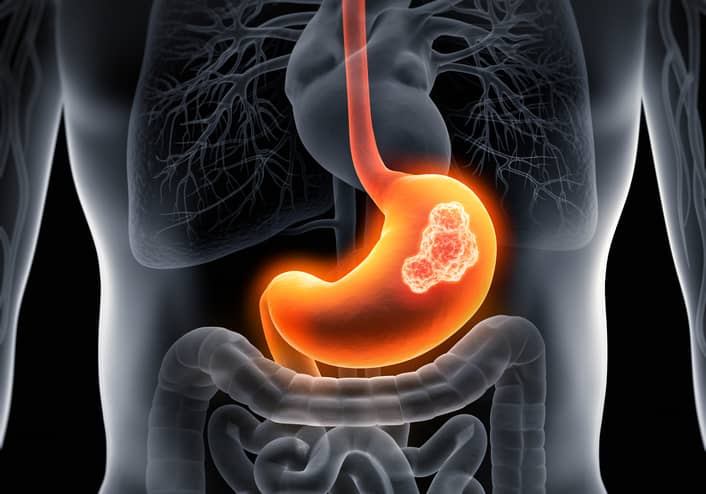- Empty cart.
- Continue Shopping
The Benefits of Colonoscopies for Early Detection

Colon cancer is one of the most common and deadly forms of cancer worldwide. However, it is also one of the most preventable and treatable cancers when detected early. Colonoscopies are a powerful tool in the fight against colon cancer, providing both early detection and prevention.
Understanding Colon Cancer
Colon Cancer Overview
Colon cancer, also known as colorectal cancer, typically begins as polyps, which are small growths on the lining of the colon or rectum. Over time, some of these polyps can become cancerous. Detecting and removing these precancerous polyps is a key goal of colonoscopies.
Risk Factors
Several factors can increase your risk of developing colon cancer, including age, family history, genetics, diet, and lifestyle. Regular colonoscopies can help identify and mitigate these risks.
The Colonoscopy Procedure
What is a Colonoscopy?
A colonoscopy is a medical procedure that involves inserting a flexible, thin tube with a camera (colonoscope) into the rectum and colon. The doctor can visualize the entire colon, searching for polyps, tumors, and abnormalities.
Sedation and Comfort
During the procedure, patients are typically sedated to ensure comfort and relaxation. While some discomfort may occur, the procedure is generally well-tolerated.
Early Detection Saves Lives
Detecting Precancerous Polyps
One of the primary benefits of a colonoscopy is its ability to detect and remove precancerous polyps. By removing these growths during the procedure, the risk of these polyps developing into cancer is eliminated.
Early Cancer Detection
Colonoscopies can also detect colon cancer at an early, more treatable stage. When cancer is detected early, treatment options are often less invasive and have a higher chance of success.
Screening Guidelines
Age Recommendations
Screening guidelines recommend that individuals at average risk begin colonoscopies at age 50. However, those with a family history or other risk factors may need to start earlier.
Frequency of Screening
The frequency of colonoscopies varies depending on the findings and individual risk factors. Typically, if no polyps or abnormalities are found, a colonoscopy is repeated every 10 years.
Prevention Through Colonoscopies
Polyp Removal
Colonoscopies not only detect but also prevent colon cancer. The removal of precancerous polyps during the procedure is a crucial step in cancer prevention.
Reducing Colon Cancer Risk
Regular colonoscopies, along with a healthy lifestyle and diet, can significantly reduce the risk of developing colon cancer. This makes colonoscopies a critical component of preventive healthcare.
Peace of Mind
Emotional Benefits
Knowing that you have taken proactive steps to monitor and protect your health can provide peace of mind. Colonoscopies offer reassurance and a sense of control over your well-being.
In conclusion, Colonoscopies are a powerful tool for early detection and prevention of colon cancer, a disease that can be life-threatening when left untreated. By undergoing regular colonoscopies according to recommended guidelines, individuals can increase their chances of early detection and treatment, potentially saving their lives. If you have concerns about colon cancer or meet the criteria for screening, consult with a healthcare provider to discuss when and how to schedule your colonoscopy. It’s a proactive step toward safeguarding your health and ensuring a brighter, cancer-free future.








